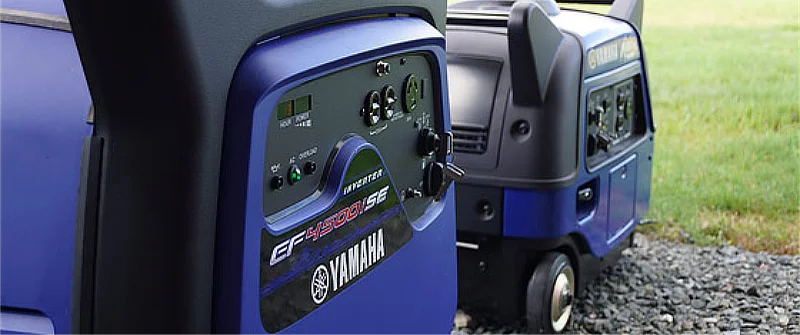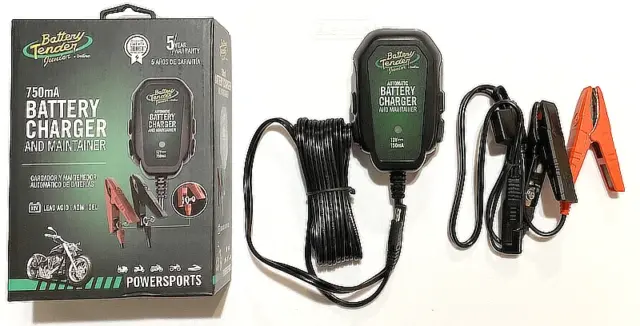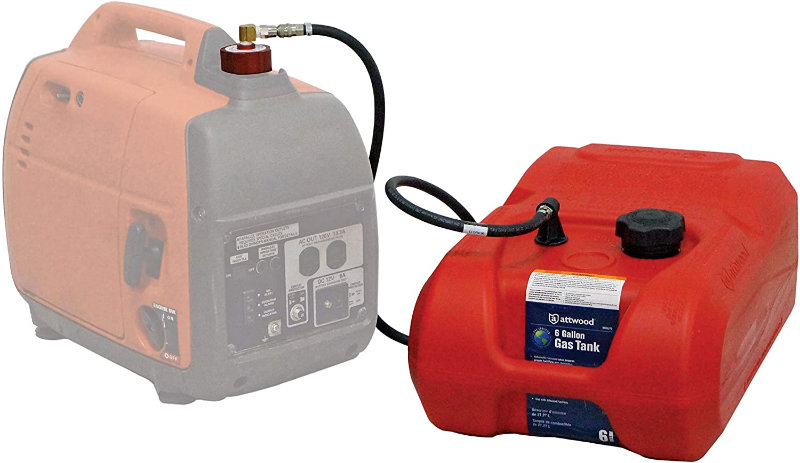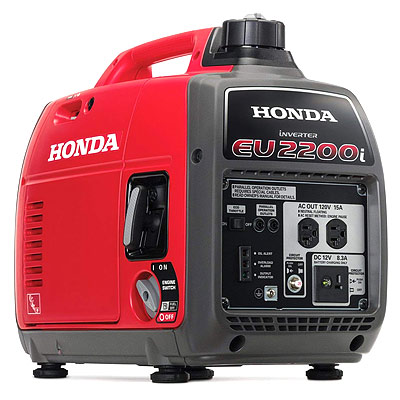Run Your Generator Several Times a Year – How Long – Tips

How often should you run your generator? And how long should you run it for maintenance? Read on for the answers, and maintenance tips…
Verify Your Portable Generator Works, BEFORE You Ever Need It!
Every once in a while it’s a good idea to run your generator!
This is a reminder to do your due-diligence (I just did). Wheel your portable generator out of the garage or wherever it is, and start it up. Let it run for awhile. Plug something into it so you know that it’s actually outputting power!
Start your generators!
Generator maintenance at a minimum, involves simply running your generator from time to time. Why?
- To keep its internal parts lubricated with oil
- Charge the battery (if it has a battery)
- To be sure the carburetor isn’t gummed up
- Put it under load to verify output
- To make sure that the generator actually works (before you ever need it for an emergency)
(More maintenance tips below)
How Often To Run Your Generator
I try to run my generators every 3 months or thereabouts. Even better if you operate it once a month, though twice a year is okay too. Sometimes I forget, but if you run it at least several times a year, that’s better than nothing!
Seriously, You really should run your generator at least twice a year.
How Long To Run Your Generator
I let my portable generators run for about 20 minutes. Long enough for it to reach operating temperature. This is important. Don’t just run it for a few minutes.
Also, don’t assume that just because the engine is running, that it’s actually producing electrical power. It’s probably okay, but it’s easy to plug in a ‘load’ to be sure. Something that will put a decent power demand on it (more than just a light bulb!).
Generator Maintenance Tips
Run it dry
When you’re just about done running the generator, shut off the fuel line and let it run dry until the generator stalls out. This will consume the fuel from the carburetor so it doesn’t sit there and potentially gum up over time. If you forget, this will likely become a problem for the generator not starting – after it gums up.
Gasoline is formulated to be optimum for only 1 – 3 months. After that, gasoline molecules react with each other and will eventually become sticky varnish that can clog fuel filters, fuel lines, and carburetor jets.
If you have a gasoline that has been sitting around for many months, the gas may eventually cause problems with the fuel delivery system. It might prevent proper operation of the engine. This is particularly true with portable generators because they often sit unused for quite some time.
Remember to shut off the fuel valve while the generator is still running, and let the generator run itself out from fuel starvation (which will probably take a minute or two to finally starve of fuel). Since the fuel shutoff valve isolates the gas tank from the carburetor, once the generator uses up that remaining fuel, you will know that the delivery system and carburetor is cleared of all fuel — nothing left to gum up the works over time.
Fuel Additive (Stabilizer)
A way to increase fuel shelf life: Gasoline fuel stabilizer / additive. It will extend fuel life up to a year or more. This will also inhibit the fuel from gumming up inside the carburetor when it’s sitting idle in your generator. There are two commonly used fuel stabilizers, both of which work well.
Most Popular Fuel Additive:
STA-BIL Fuel Stabilizer
(view on amzn)
Better, but more expensive:
PRI-G Fuel Stabilizer
(view on amzn)
Important related articles here on MSB:
Fuel Treatment for Generators!
Sea Foam Motor Treatment
Use Ethanol-free gas!
When able to do so, use ethanol-free gasoline for your generator! Highly recommended. This will greatly help reduce chances of gumming up the works (online search for stations near you). Say goodbye to old gas issues. I use ethanol-free gasoline for all of my small engines here at the homestead. This gas will “stay good” for a LOT longer. So, if you find a place near you that sells it, then that’s where you should fill your gas cans!
Check the oil before you start the generator.
This is a primary reason why people inadvertently destroy their generators! If you run the generator out of oil, it will destroy it! Some have auto-shut off’s if the oil gets low. However there are MANY generators that will not shut off when the oil runs low. Especially the lesser expensive models.
Run the generator under load, and check the outlets for power.
Check the generator outlets for power while it’s running. Don’t assume that there’s actually electricity at the outlets, in case something’s wrong. Plug in a decent load. A hair dryer? Whatever, just load it up and check the outlets.
Note: Disconnect the load prior to starting, and prior to stopping. Load only while running.
Periodic Running
A major problem with long term storage of a generator (besides the fuel deterioration) is corrosion of the engine and generator bearings when the lubricating oil becomes stagnant around the bearings.
As a preventative measure, run the generator every 90 days for the lubricating oil to get mixed up in there – and the bearing surfaces coated with oil.
Generator Battery might drain too low after awhile
Does your generator have a battery for electric start? If you have a generator with a battery (electric start), by running it once in awhile you will keep the battery charged up!
It’s also a good idea to trickle charge that battery once in awhile. I’ve lost a battery because of this. Whoops.
This is my favorite little 12-volt battery trickle charger and maintainer:
Battery Tender Junior
(amzn)

Run the generator until it’s Hot
It is also a good idea to operate the generator engine at least until is reaches normal operating temperature. Water is created during the combustion process. When a generator is started and then shut down while the engine is still cold, the moisture remains in the cylinder and valve areas. This promotes corrosion. If the engine is warm when it is shut down, most of the moisture evaporates before the engine cools down.
[ Read: The right Extension Cord for your Generator ]
[ Read: Quick-Connect External Fuel Tank For Gasoline Fueled Generators ]
Extended Fuel Tank for Generator
The extended run generator fuel system allows you to supplement your generator’s factory fuel capacity with a stable vacuum powered fuel supply. Popular with the highly rated HONDA generators EU1000i, EU2000i, EU2200i.
HONDA Generator Extended Fuel Tank
(view on amzn)


Honda 2200-Watt 120-Volt SUPER QUIET Portable Inverter Generator
(view on amzn)
